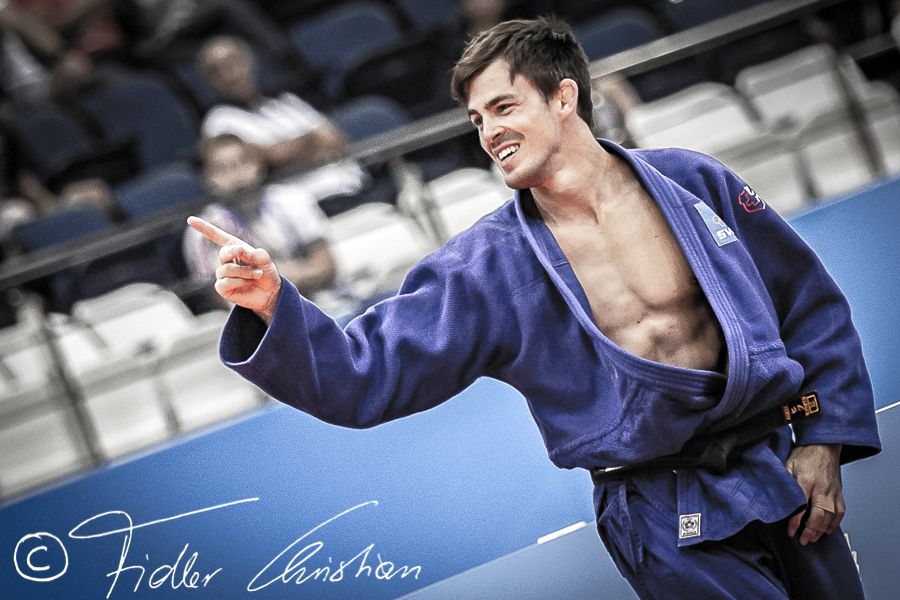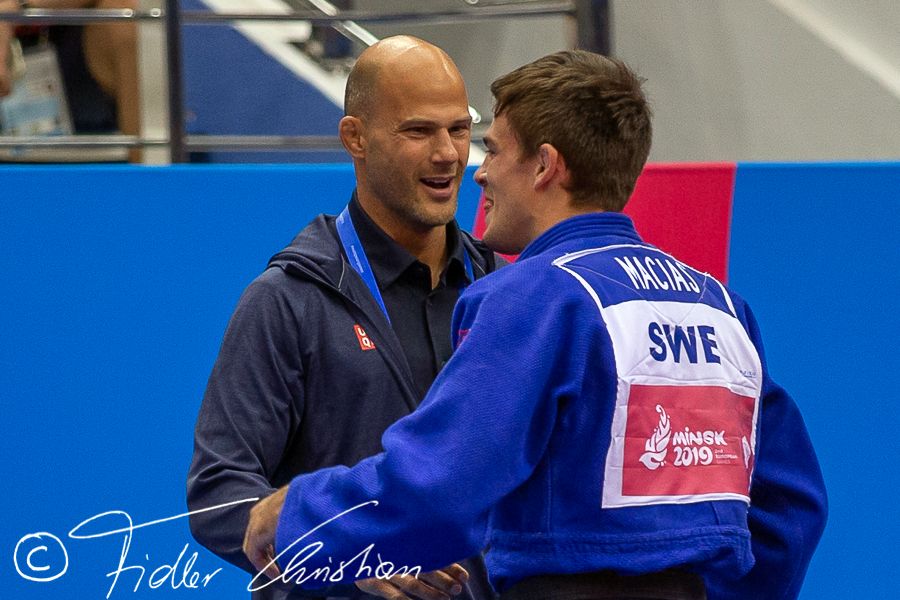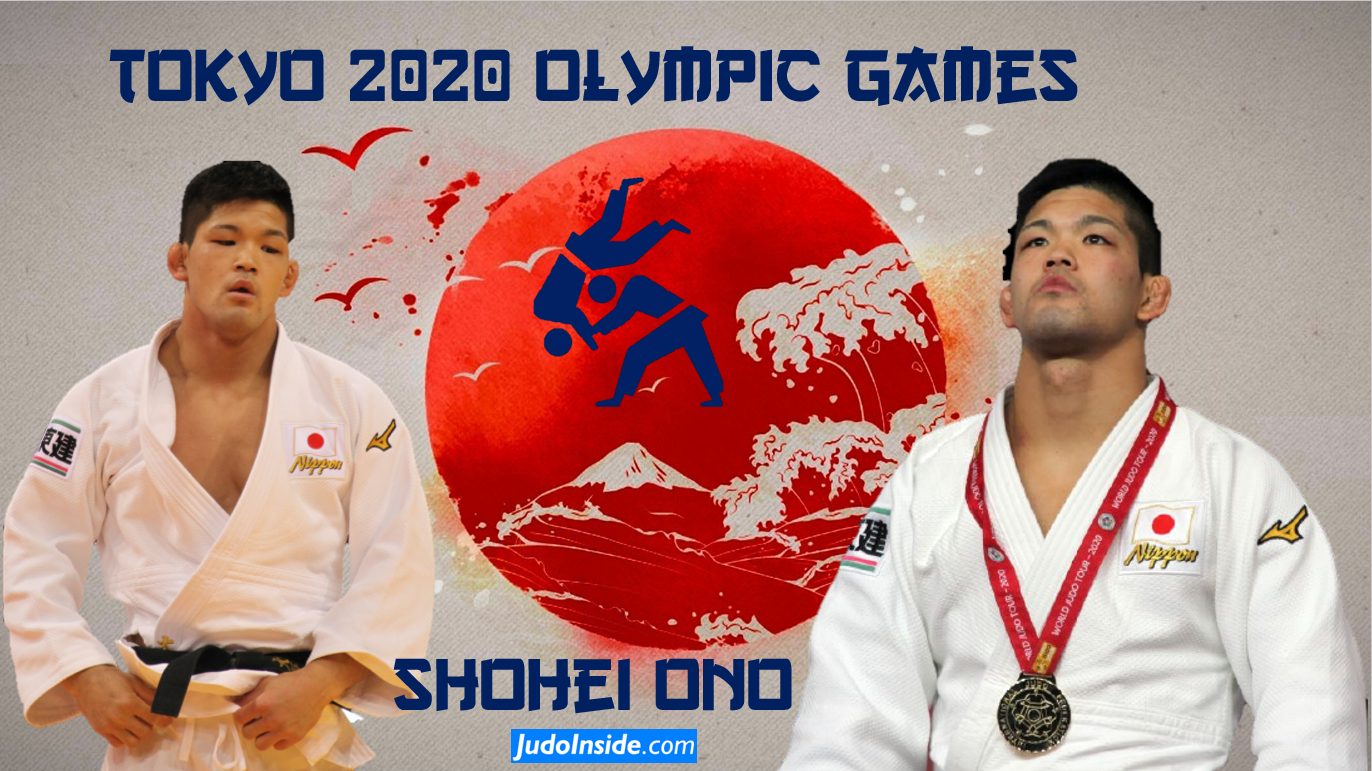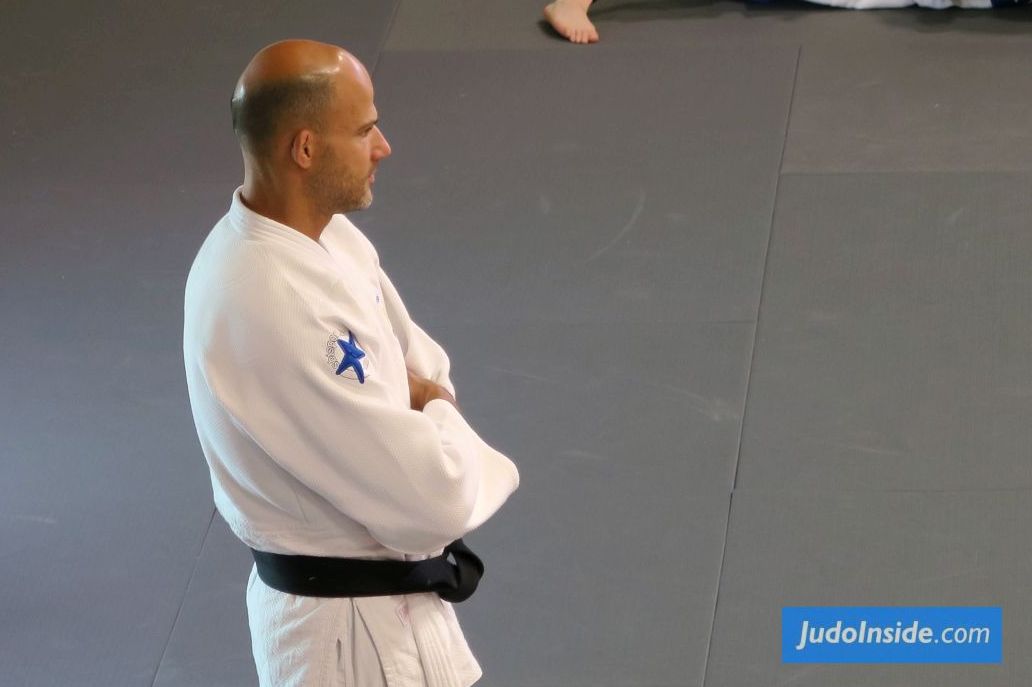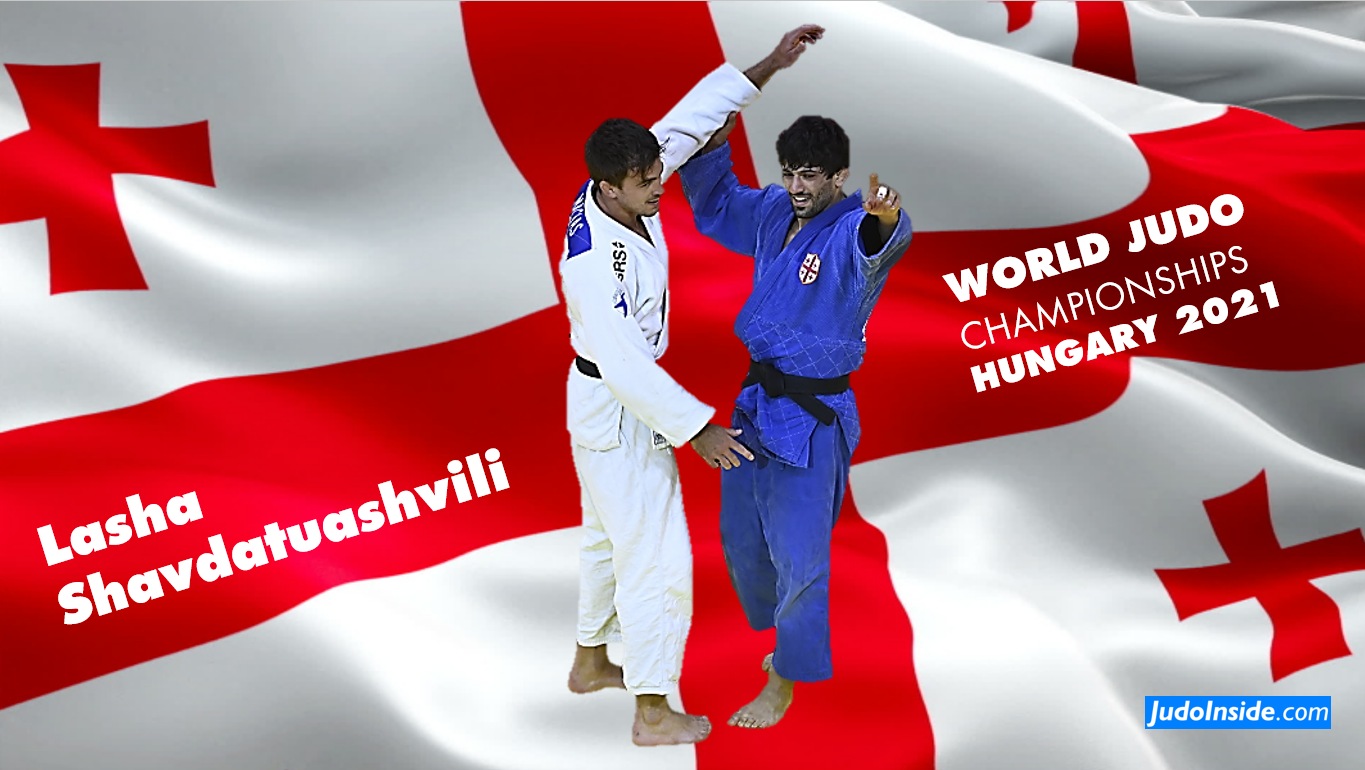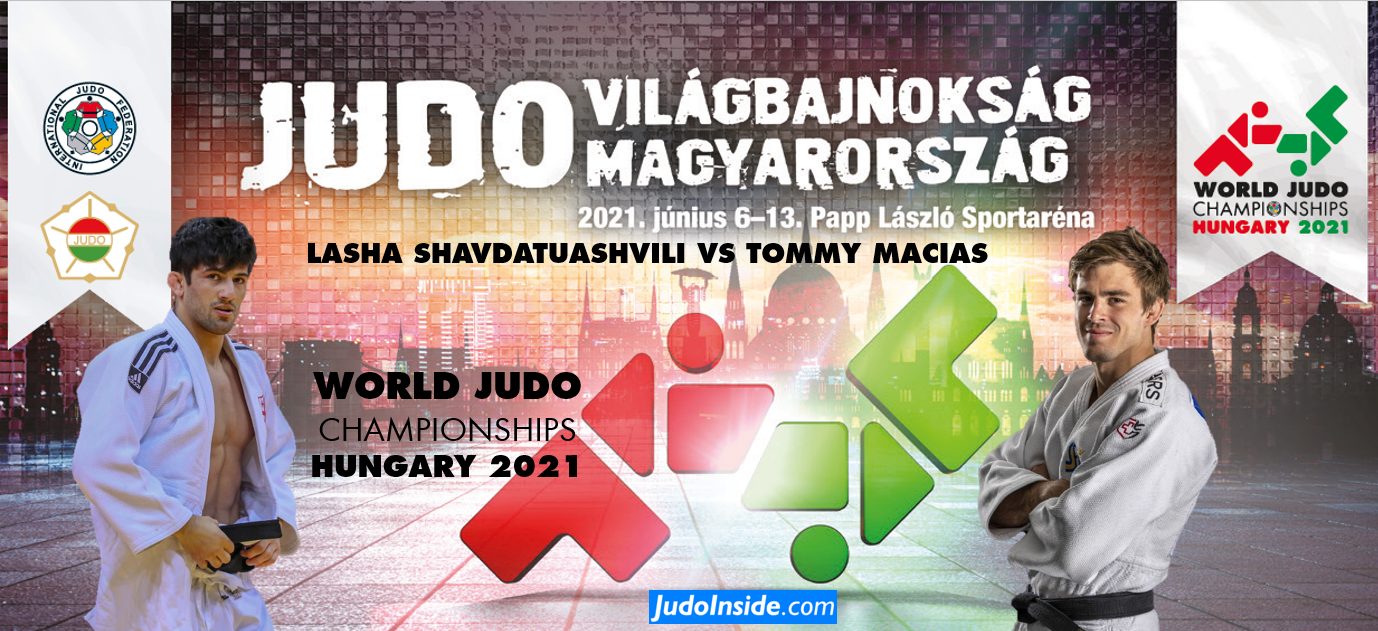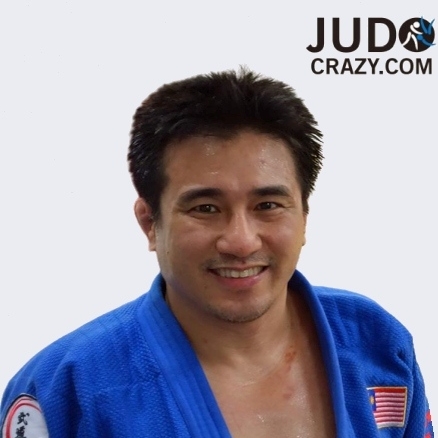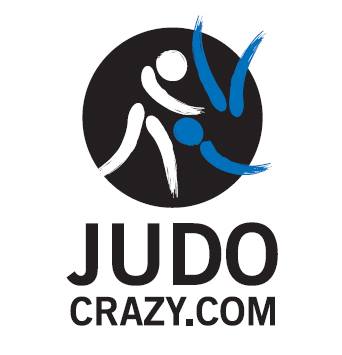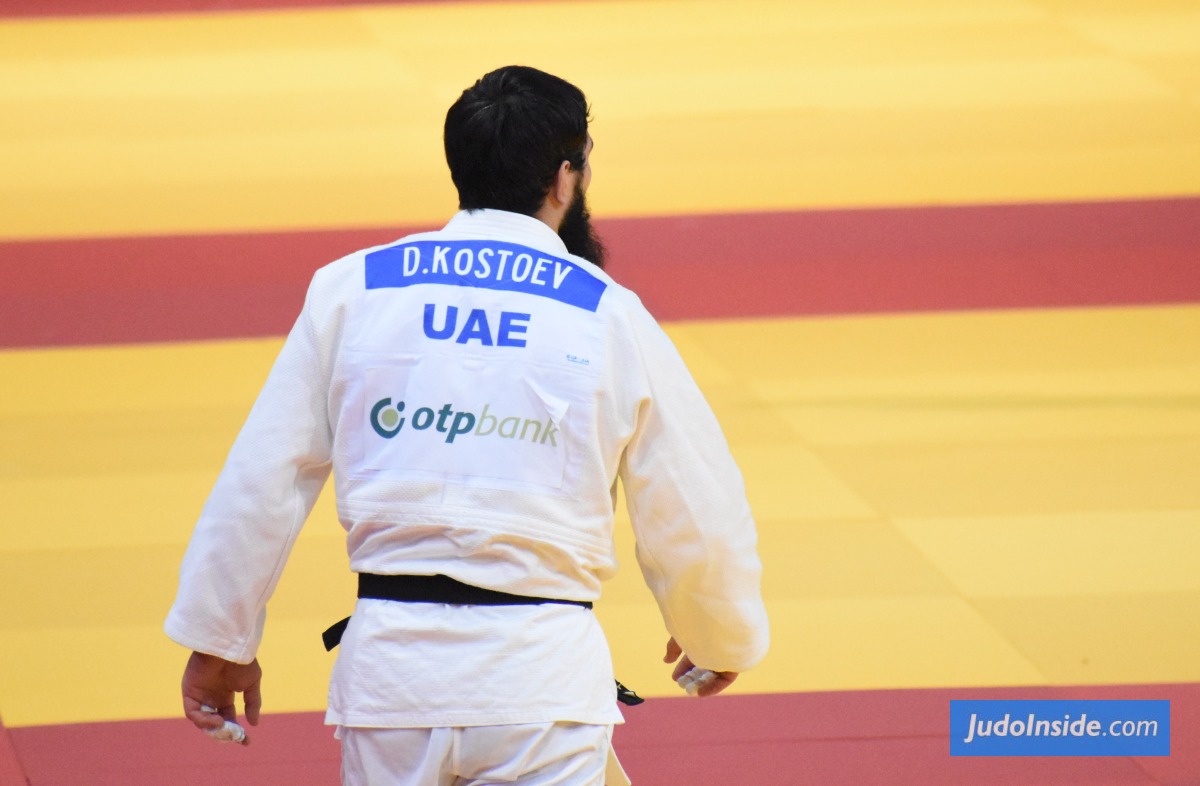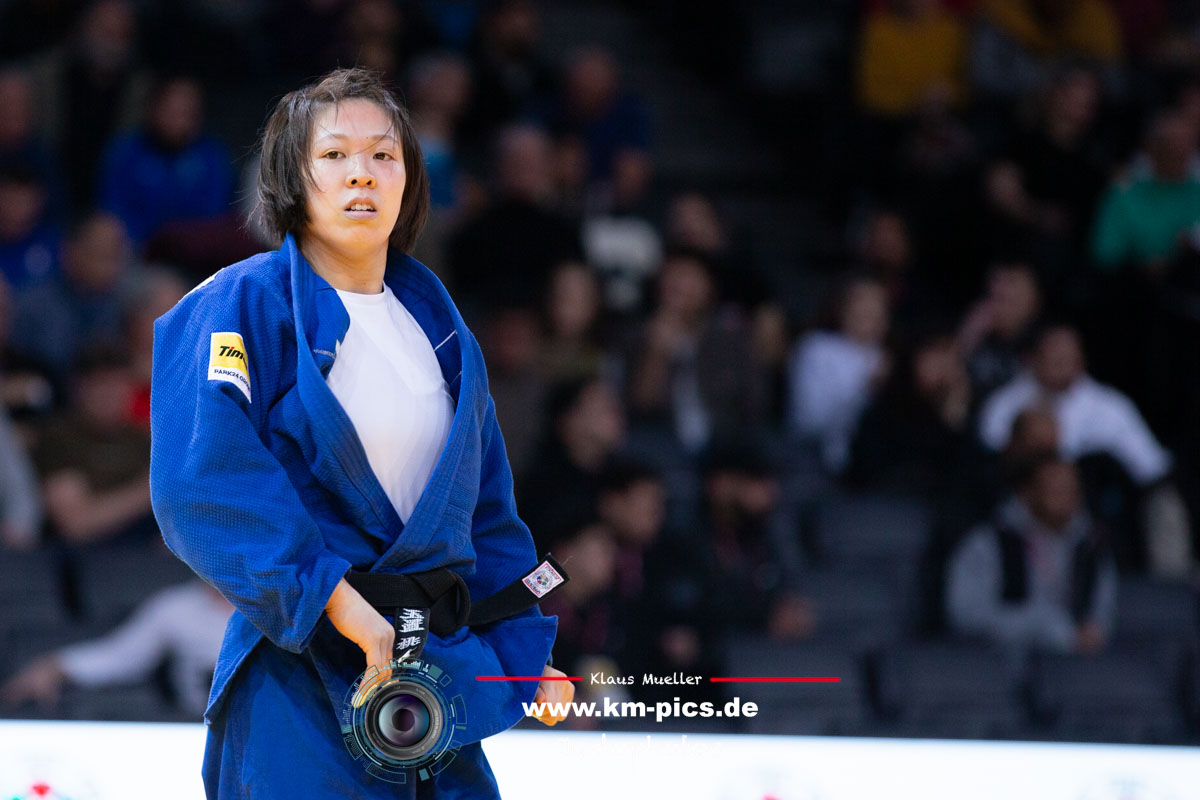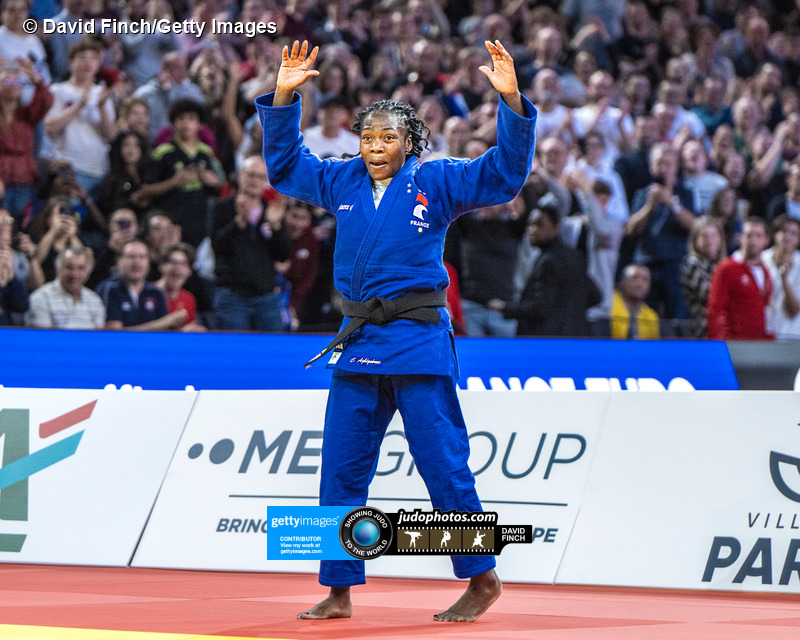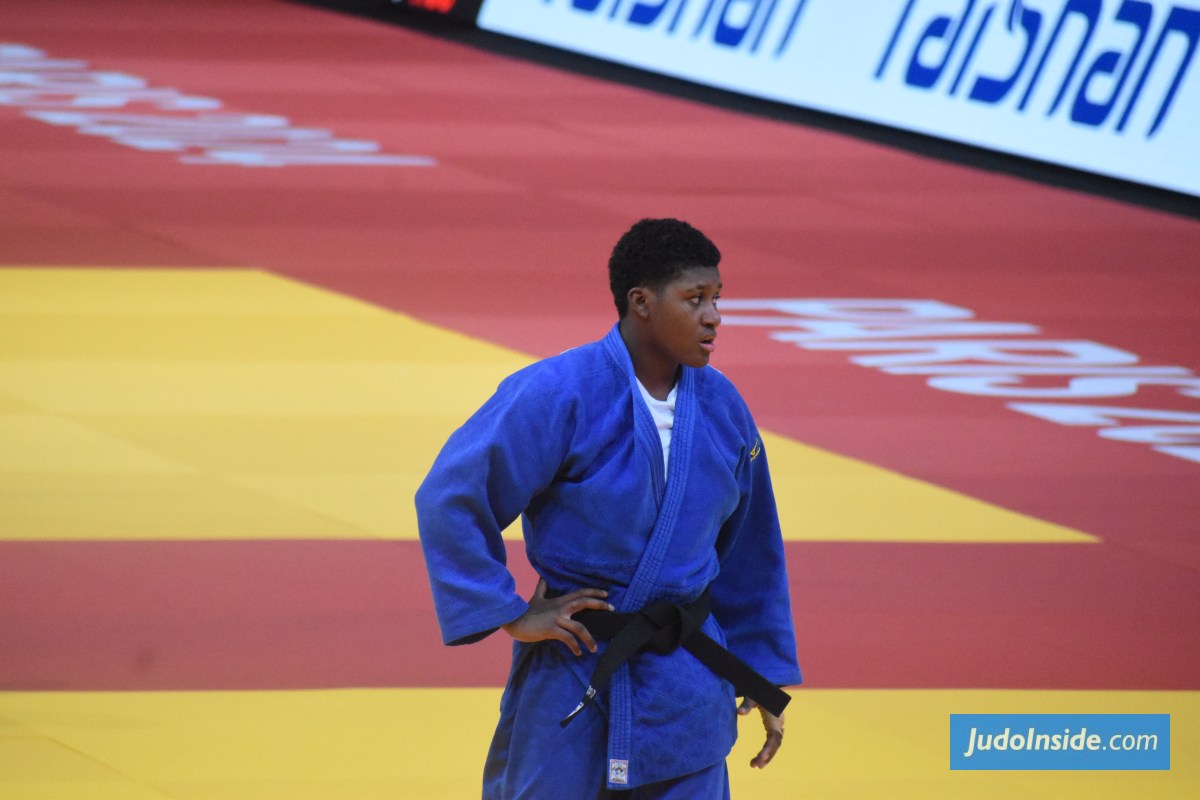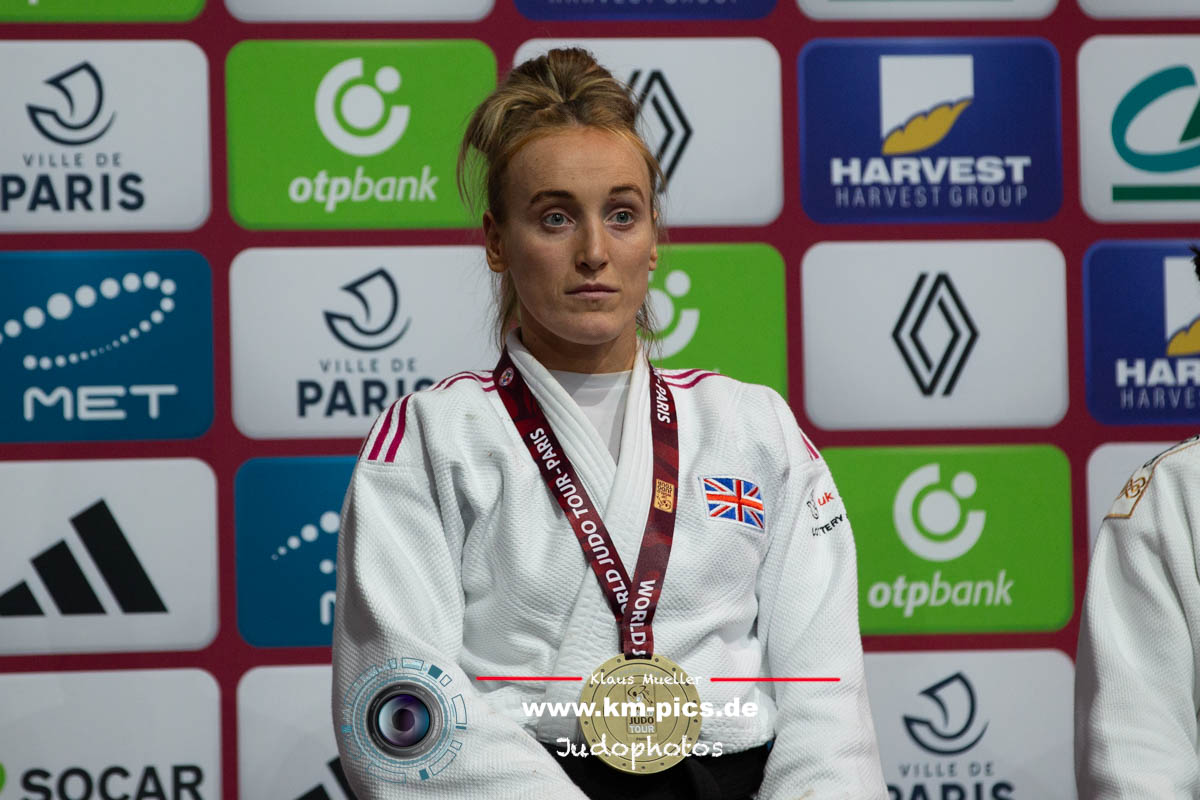Judo in the time of Covid-19: Tommy Macias
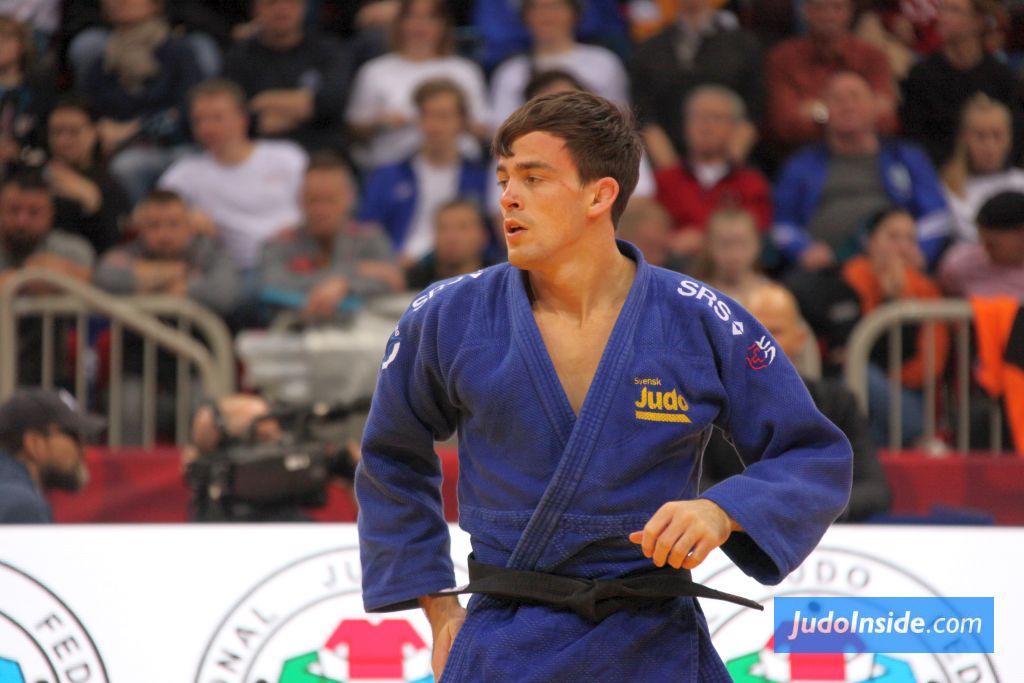
 13 May 2020 08:40
13 May 2020 08:40
 JudoCrazy by Oon Yeoh
JudoCrazy by Oon Yeoh
 JudoInside.com - Hans van Essen / judo news, results and photos
JudoInside.com - Hans van Essen / judo news, results and photos
Current European Champion Tommy Macias is equal to Marcus Nyman the most successful judoka in the history of Sweden. However a medal at World Championships or Olympic Games is still lacking. For this lots of training hours are invested to reach that goal, lots of hours from home, so the outcome of the invested training hours really matter. Macias may be the chosen one to achieve that ultimate medal next year. JudoCrazy’s Oon Yeoh interviewed the 28-year old frontrunner.
JIC: You come from a judo family with both your parents being judokas. How did that influence your judo upbringing?
TM: It was a natural thing for me to do judo because of my parents. Since I started when I was three years old, I have no first memory of judo. For as long as I can remember I have always been doing judo. And, I have always loved judo although I did play other sports as well.
JIC: How popular is judo in Sweden?
TM: Judo is a really small sport in Sweden. You can maybe see it on the TV once every four years during the Olympics, if you are lucky.
JIC: What is judo like in Sweden? Is it very traditional or more modern?
TM: I think it varies from club to club. In my home club, Saltsjö Judo Club, we are not so traditional.
JIC: Are the clubs in Sweden mainly private or government-funded?
TM: All clubs in Sweden are government-funded.
JIC: You have about 20,000 people doing judo yet Sweden doesn’t send a full team of 14 players to major competitions. Why is that?
TM: I don’t think 20,000 is such a big number. In recent years we have seen some growth in the number of judo players in Sweden but the number of serious competitors is not growing. Most people like to do judo just for fun.
JIC: Do top players tend to come from the same club?
TM: The players in our national team come from different clubs. Some of them train together but some don’t.
JIC: Is there a national training center?
TM: We don’t have a national center. It’s up to the players to find the best place for them to train.
JIC: In the national team, you have players like Pacek, Nyman and Dvarby, who are also quite successful internationally. They are all bigger than you are. Do you randori with them?
TM: I have been living in Denmark for the past three years so I only see them when we are competing in the IJF World Tour. But sometimes we have training camps too, and there, I’d fight with them then. In Sweden we don’t have many judokas so it’s necessary to fight with bigger guys.
JIC: What is the system like for a Swedish player to become a professional athlete?
TM: It’s really hard to become a professional athlete in Sweden. If you take a medal on the IJF tour you will get some funding but it’s not much to live on. You would have to find your own private sponsors to supplement your income.
JIC: Are you a professional athlete or do you hold other jobs?
TM: I’m a full-time judoka. I get some funding from our Olympic Committee, but I also have to rely on sponsorship to survive.
JIC: You are married and have become a father. How does that change your training and perhaps your outlook in life?
TM: It has changed the way I look at training. Now when I am at a training camp, I have to make sure it really counts and that I get the most out of it. That’s the only way I can justify spending time away from my family. It has to be really worth it.
JIC: Before you got married was your girlfriend — now wife — able to accept all the time you were away for judo?
TM: My wife is also a judoka so she has always been supportive of my judo career. She understands that I have to be away a lot if I wanted to become the best.
JIC: Do you watch a lot of judo videos?
TM: Sometimes I will watch some videos to find inspiration but not to analyze other players. I want to focus on myself and develop my own judo. For sure, I’ll watch my own fights.
JIC: You seem to be making good use of the IJF rules on transition from ground to standing. Is that something you’ve been training up on?
TM: No, I wouldn’t say I’ve been specifically training for it. My plan is always to land my opponent on his back. I get frustrated when they drop to their knees to try to avoid getting thrown. Sumi-gaeshi when uke is on his knees works well against that.
JIC: You recently fought against Shohei Ono in the semifinal of the Dusseldorf Grand Slam where he threw you with uchimata. Now that you’ve experienced fighting him, do you have a plan on how to fight him the next time you meet him?
TM: My plan is to land him on his back.
JIC: Who do you consider to be your biggest rival?
TM: I would say Rustam Orujov. I consider him to be the best in the category.
JIC: What do you think of the Olympics postponement?
TM: For me it's really bad. I had planned my life based on the Olympics being held in 2020. Now, my life plan will have to be postponed for a year. But of course, I recognize it’s the best decision to make from a health perspective.
JIC: Is anything less than an Olympic gold acceptable to you?
TM: I will always aim for gold.
JIC: If you had to retire without achieving a world title or Olympic gold, is that something you can accept?
TM: As long as I know I had given it my best, I could accept it.
Become a JudoCrazy Patron and read all their stories here
 like
like
 share
share

| Result | City | Date |
|---|---|---|
| 2 | Paris | 30 Jul |
| 1 | Abu Dhabi | 21 May |
| 1 | Zagreb | 26 Apr |
| 3 | Belgrade | 2023 |
| 2 | Montpellier | 2023 |
